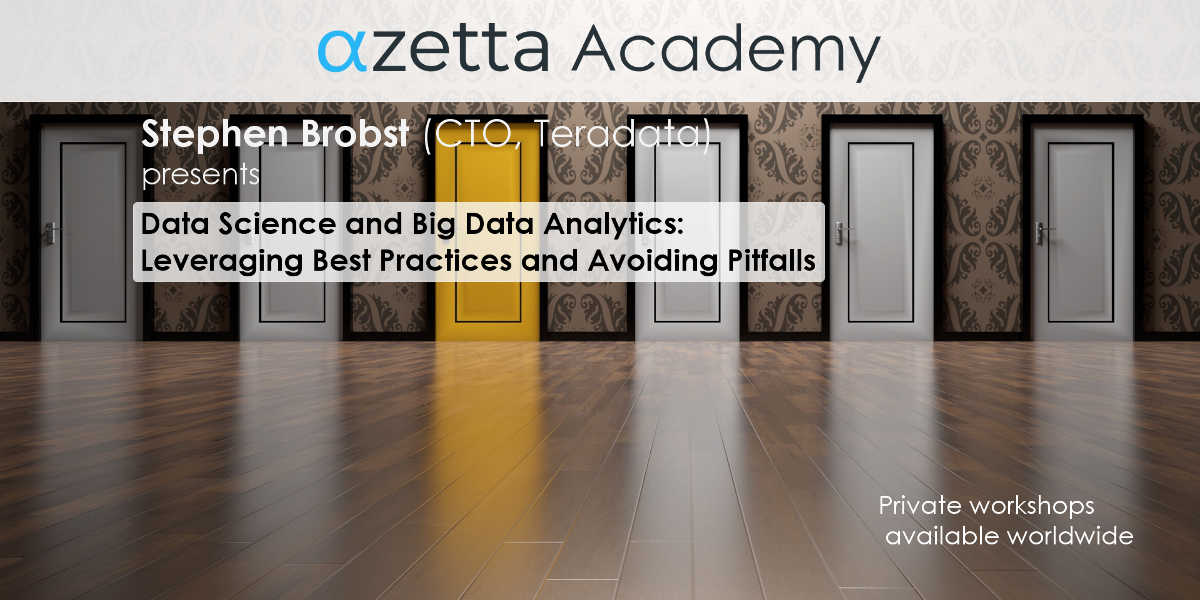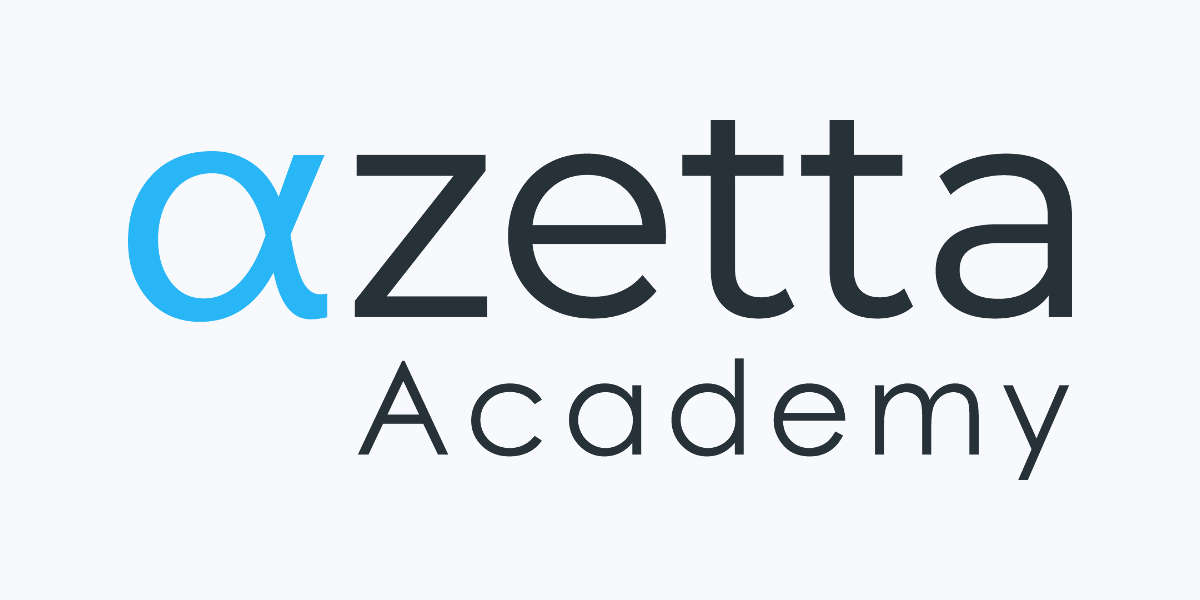big data – extremely large data sets that may be analysed computationally to reveal patterns, trends, and associations, especially relating to human behaviour and interactions. These data sets are typically growing exponentially.
“much IT investment is going towards managing and maintaining big data”
Big data training is around methods, software and platforms that provide ways to analyze, systematically extract information from, or otherwise deal with data sets that are too large or complex to be dealt with by traditional data-processing application software.



